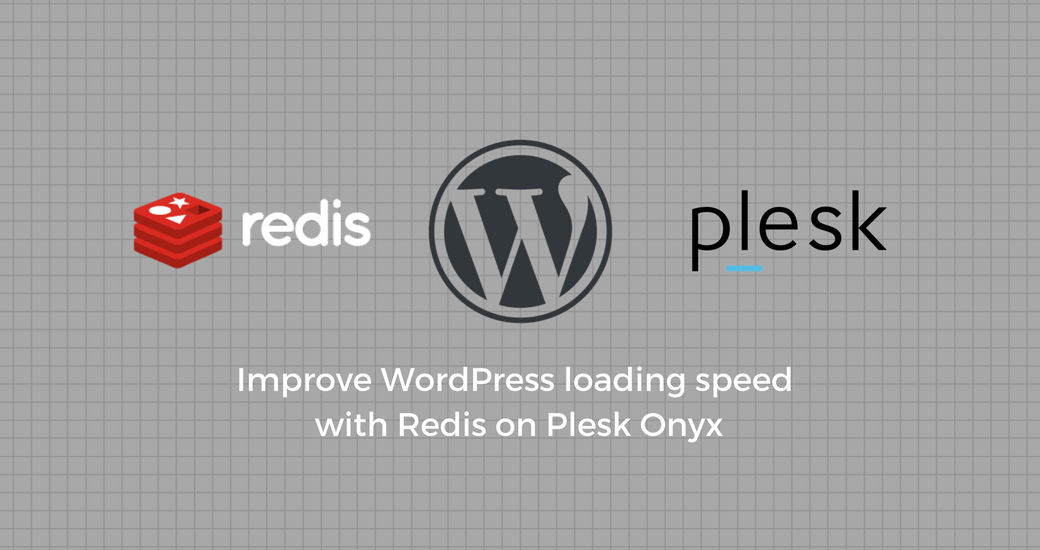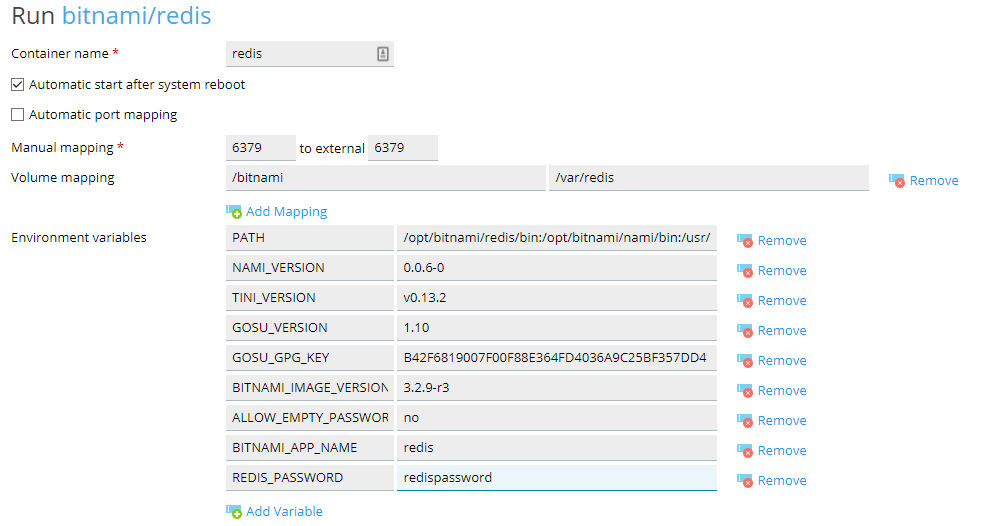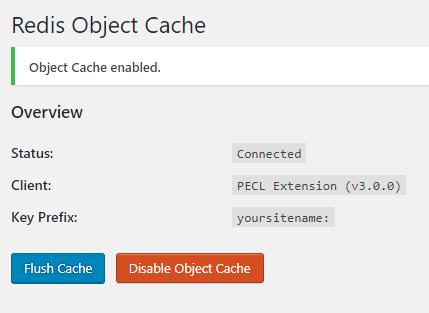Redis-server is a powerful keys storage solution, and with the WordPress plugin Redis-object-cache, we can improve WordPress loading speed and use Redis-server as persistent object-cache backend. But at first, we have to install redis-server.
Install redis-server from packages repository
You have the choice between installing Redis directly on your Plesk server, or running Redis inside a docker container.
On debian 8 Jessie
echo 'deb http://packages.dotdeb.org jessie all' > /etc/apt/sources.list.d/dotdeb.list
wget https://www.dotdeb.org/dotdeb.gpg
apt-key add dotdeb.gpg
apt-get update
apt-get install redis-server -y
service redis-server start
On Ubuntu 16.04 LTS
sudo add-apt-repository ppa:chris-lea/redis-server
sudo apt-get update
sudo apt-get install redis-server -y
service redis-server start
Running Redis with a docker container
You can create your container from the Plesk docker manager :
I have used the bitnami/redis image, and the following settings :
You can also create your container directly from the command line
docker run \
-e REDIS_PASSWORD=redispassword \
-v /var/redis:/bitnami \
-p 6379:6379 \
bitnami/redis:latest
Install Redis-object-cache in WordPress
Our redis-server is now running properly, so you can install the plugin redis-object-cache using the wordpress plugin manager.
Before enabling object-cache, you have to add following line in your wp-config.php file :
define( 'WP_CACHE_KEY_SALT', 'yoursitename:' );
It will add a prefix to all cache keys stored in redis, and allow you to use object-cache for multiple wordpress instances on the same server.
If you have set a password to secure redis, you will also have to add the following line in your wp-config.php file :
define( 'WP_REDIS_PASSWORD', 'redispassword' );
Then, you can enable object-cache in the plugin settings page :



